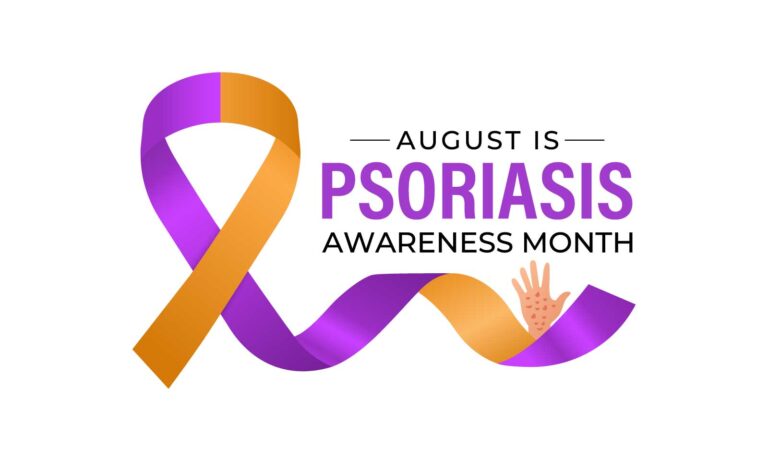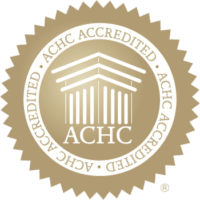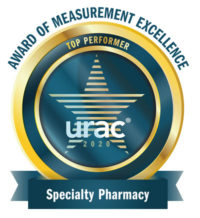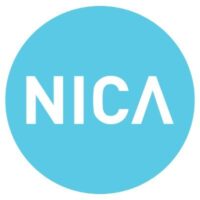By Shane Reeves, PharmD, Chief Executive Officer

Rheumatoid arthritis (RA) is a chronic autoimmune disease that primarily affects the joints, causing inflammation, pain, and potential long-term damage. RA is an inflammatory disorder where the immune system mistakenly attacks the body’s tissues, particularly the synovium (lining of the joints). It typically affects multiple joints symmetrically, often starting with smaller joints in the hands, wrists, and feet. Still, RA can also impact other organs and body systems, including the skin, eyes, lungs, heart, and blood vessels.
While the exact cause of RA is unknown, several factors contribute to its development, including genetic predisposition, environmental triggers, such as infections or stress, hormonal factors (women are more likely to develop RA) and smoking, which increases the risk and severity of RA.
Early diagnosis and treatment are crucial for managing RA and preventing joint damage. Treatment options include disease-modifying antirheumatic drugs (DMARDs) to slow disease progression and biologic medications for more severe cases. But a new class of drugs, biosimilars, offer new, lower cost infusion treatments for those with RA.
Biologics vs. Biosimilars
Biologics and biosimilars are important classes of pharmaceutical products that have revolutionized the treatment of many diseases. This YouTube video from the FDA provides a great explanation.
Biologics are pharmaceutical compounds derived from living organisms or containing components of living organisms. Examples include vaccines, blood components, allergenics, gene therapies, tissues, and recombinant therapeutic proteins. Some key characteristics of biologics are they are:
- Produced using living systems like microorganisms, plant cells, or animal cells.
- Have large and complex molecular structures, often proteins.
- Used to treat conditions like cancer, autoimmune diseases, diabetes, and more.
- More sensitive to manufacturing conditions and harder to characterize than traditional small-molecule drugs—therefore making them more expensive to produce.
Biosimilars are biological products that are highly similar to and have no clinically meaningful differences from an existing FDA-approved biologic known as the reference product. Biosimilars are:
- Developed to be similar to an existing approved biologic.
- Not exact copies due to the complex nature of biologics, but highly similar in structure and function.
- Must demonstrate comparable safety, purity, and potency to the reference biologic.
- Often developed after the patent of the original biologic expires.
- May provide more affordable treatment options for patients.
Biosimilars That Treat RA
Several biosimilars have been approved and are used to treat RA. These biosimilars are highly similar versions of original biologic drugs that have been shown to be safe and effective for RA treatment. For example, Infliximab (Remicade) a monoclonal antibody, is a biologic medication used to treat various inflammatory and autoimmune conditions. Infliximab biosimilars include Inflectra, Renflexis and Avsola.
Biosimilars for Rituximab (Rituxan), also a monoclonal antibody used to treat moderately to severely active RA, including Truxima, Ruxience, and Riabni.
Overall, biosimilars are typically 15-35% less expensive than their reference products. According to the Association for Accessible Medicines, biosimilar competition provided $7.9 billion in savings in 2020 and more than $12.6 billion in savings over the past 10 years. Of course, costs may vary by insurance plans and coverage.
The availability of biosimilars increases competition in the biologic drug market, which can drive innovation among reference product manufacturers, lead to further price reductions and provide new optimism for RA patients. Although there is no cure for RA at present, new biosimilars are in development, paving the way.
Whether you are being treated with a biologic drug or its biosimilar counterpart, TwelveStone Health Partners is a convenient and comfortable facility for your infusion administration. As these treatments can take several hours, we provide a relaxed and soothing environment, with privacy, relaxing reclining chairs, and even WIFI.
If you have any questions about biosimilas medications, ask your physician or give us a call. Our pharmacy will work with them to ensure that you’re receiving the best treatment available.















